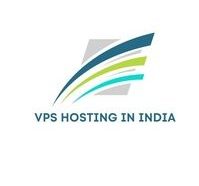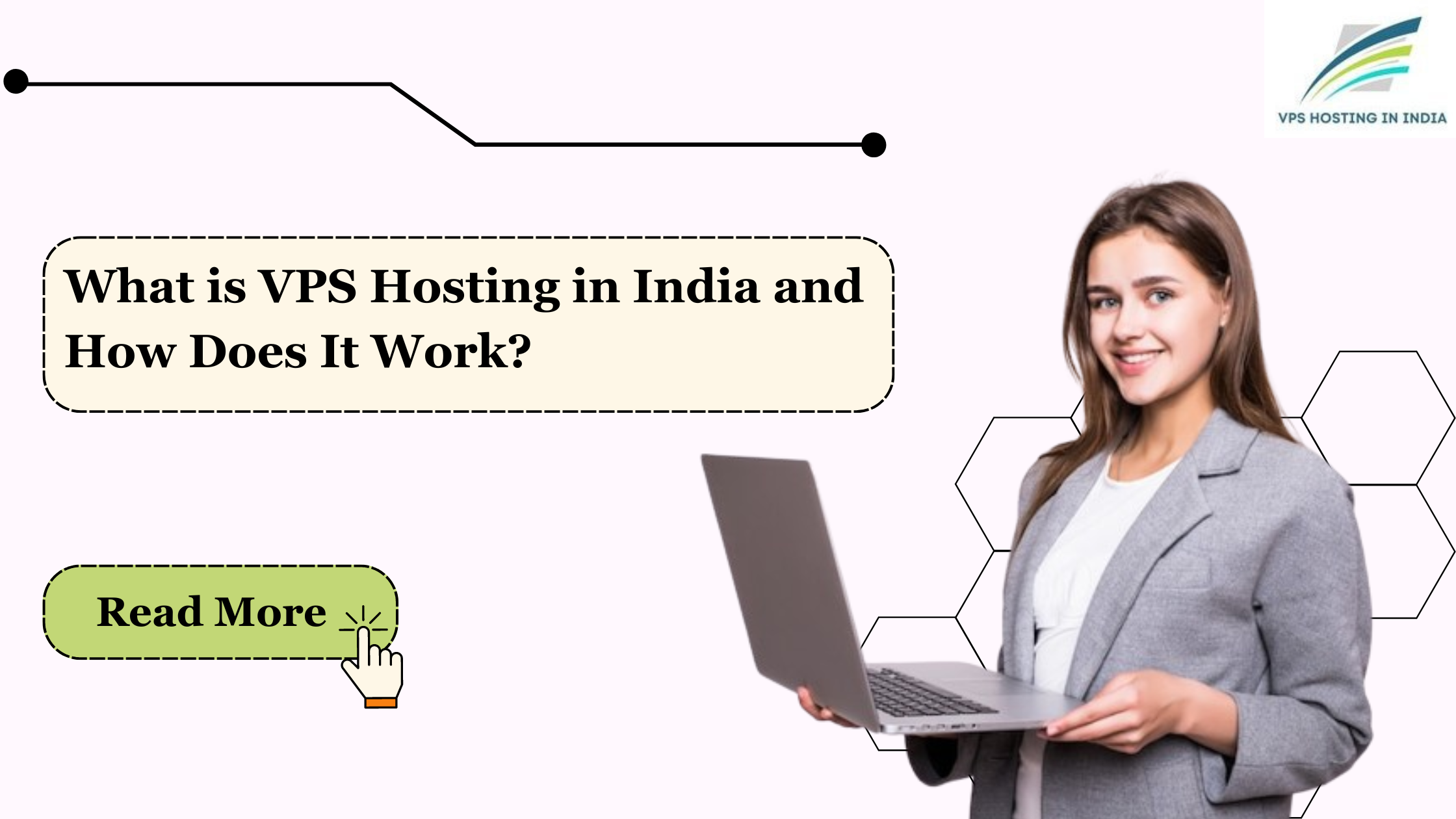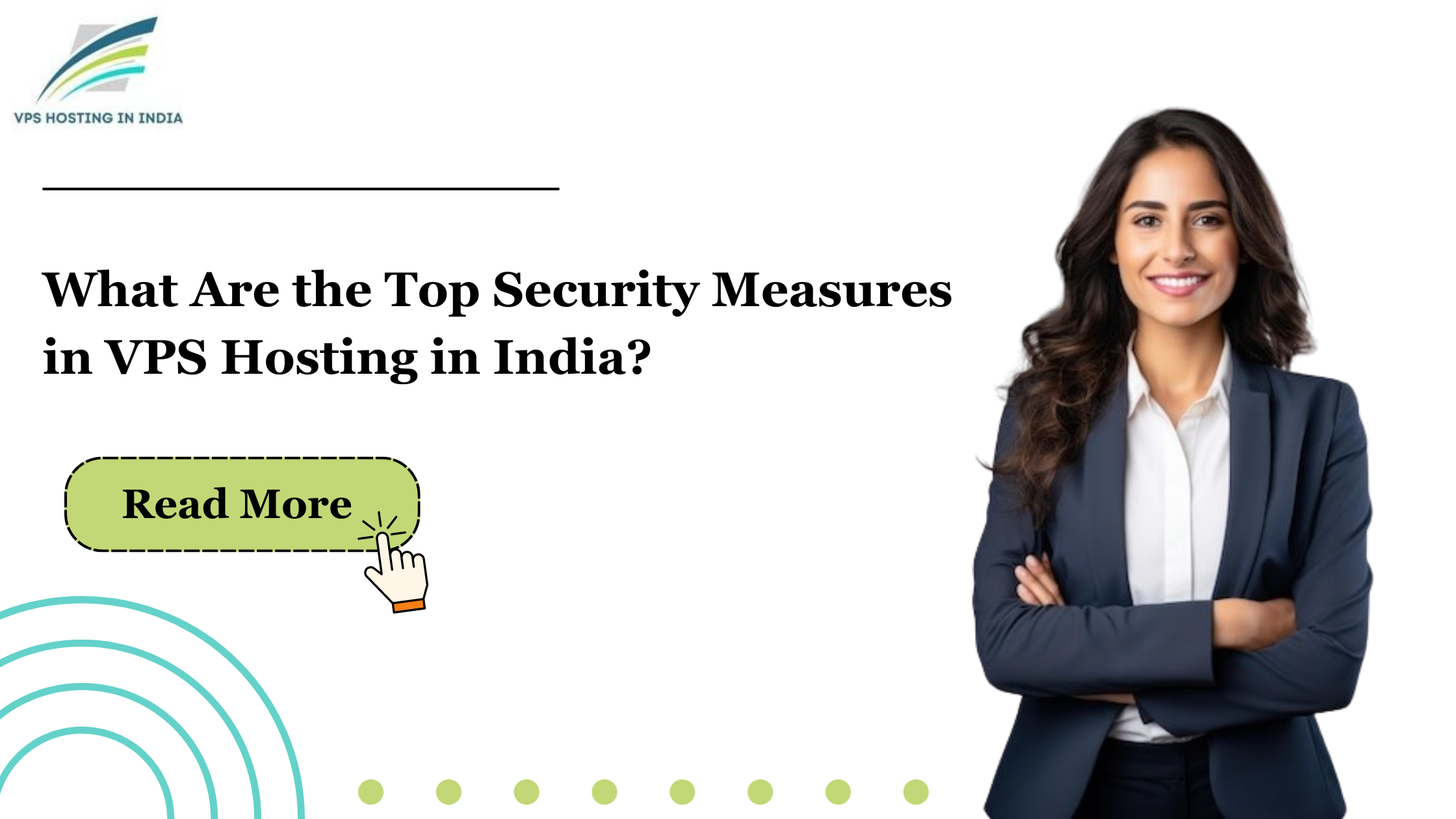
What Are the Top Security Measures in VPS Hosting in India?
In today’s digital age, ensuring the security of your (Virtual Private Server) VPS Hosting is paramount, especially in a rapidly growing market like India. With cyber threats on the rise, robust security measures are not just a luxury but a necessity.
This article delves into the top security measures essential for VPS hosting in India, helping businesses safeguard their data and maintain operational integrity.
Understanding VPS Hosting Security
Virtual Private Servers offer a blend of dedicated server features at a fraction of the cost. However, this affordability can sometimes come at the expense of security if not properly managed. To ensure optimal security, it is critical to implement a multi-layered approach that covers various aspects of the server environment.
Robust Firewalls
Firewalls act as the first line of defense against malicious attacks. A properly configured firewall can effectively block unauthorized access to your VPS. Implementing both network-level and host-based firewalls ensures a dual layer of protection.
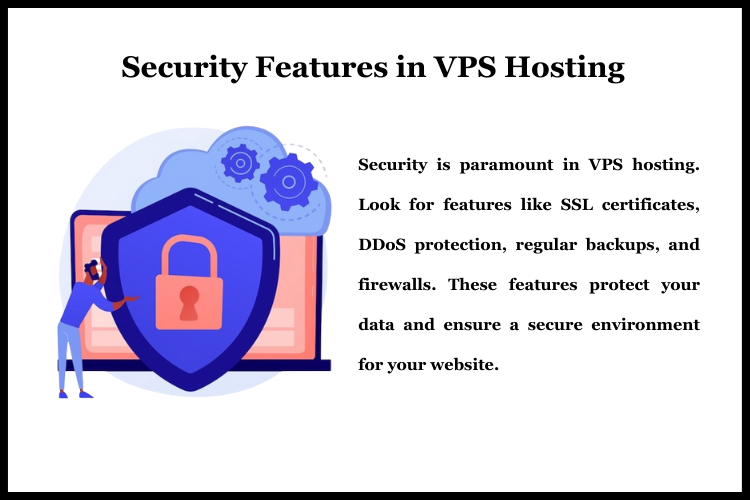
Network firewalls filter incoming and outgoing traffic based on predefined security rules, while host-based firewalls offer an additional layer of security by monitoring traffic to and from the server itself.
Regular Software Updates and Patching
Outdated software is a significant vulnerability. Regular updates and patching are crucial to protect your VPS from newly discovered exploits and vulnerabilities.
Automated update systems can help in ensuring that your server’s operating system and installed applications are always up-to-date with the latest security patches.
Secure SSH Configuration
Secure Shell (SSH) is a protocol used to securely connect to your VPS. Enhancing SSH security involves:
- Changing the default SSH port to a non-standard port to avoid automated attacks.
- Disabling root login and using strong, unique passwords.
- Implementing SSH key authentication, which provides a more secure method than password-based logins.
Two-factor authentication (2FA)
Two-factor authentication adds an extra degree of protection by requiring not just a password and username, but also something that only the user knows or has readily available. This makes it significantly harder for attackers to gain access, as they would need to compromise both factors.
Intrusion Detection Systems (IDS)
An Intrusion Detection System (IDS) monitors your network and server activities for malicious activities or policy violations. It can alert you in real-time to potential threats, allowing you to take immediate action to mitigate risks. IDS tools like Snort and OSSEC are commonly used in VPS environments to enhance security.
Regular Backups
Regular data backups are essential for disaster recovery and data integrity. Automated backup solutions ensure that your data is consistently backed up without manual intervention. Storing backups in a secure, offsite location further protects against data loss due to hardware failure, cyber-attacks, or other unforeseen events.
Implementing DDoS Protection
Distributed Denial of Service (DDoS) attacks aim to overwhelm your server by flooding it with excessive traffic. Implementing DDoS protection helps in mitigating such attacks, ensuring that your server remains accessible and operational. Many VPS providers offer built-in DDoS protection services to shield against these types of attacks.
Malware Scanning and Removal
Regular malware scans are essential for identifying and removing malicious software that can compromise your server’s security. Tools like ClamAV and Malwarebytes can be integrated into your VPS to perform routine scans, alerting you to any potential threats and providing mechanisms for removal.
Secure FTP
Downloading and uploading files from your VPS is often done via File Transfer Protocol or FTP. However, traditional FTP is not secure. Using Secure FTP (SFTP) or FTP over SSL/TLS (FTPS) encrypts the data in transit, preventing interception by malicious actors.
User Access Management
Controlling who has access to your VPS is critical. Implementing strict user access management practices involves giving users the fewest permissions required to complete their duties and Regularly reviewing and updating user permissions.
Security Audits and Penetration Testing
Regular security audits and penetration testing help in identifying and addressing vulnerabilities in your VPS setup. By simulating attacks, you can discover weak points in your security measures and take corrective actions before they can be exploited by real attackers.
SSL/TLS Encryption
Implementing SSL/TLS encryption for data in transit ensures that the information exchanged between your VPS and clients is secure. This is particularly crucial for websites that manage sensitive data, such as payment or login credentials.
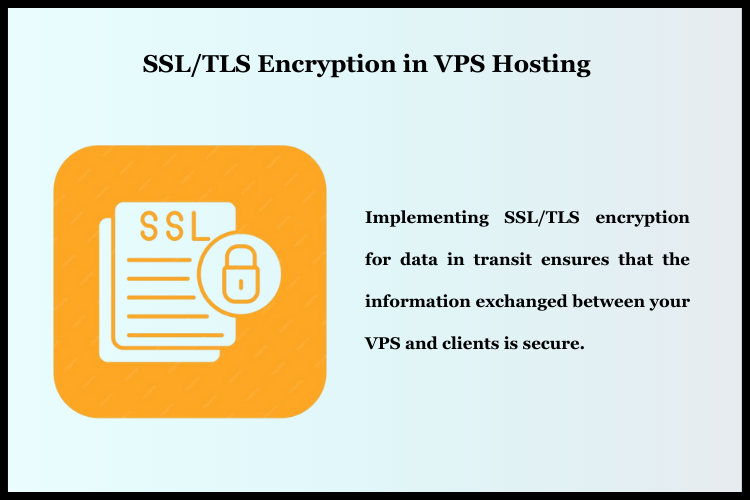
Log Monitoring and Analysis
Continuous log monitoring helps in detecting unusual activities that might indicate a security breach. Analyzing server logs allows you to identify patterns and anomalies, providing insights into potential security incidents and enabling prompt response.
VPS Hardening
VPS hardening involves securing the server by reducing its surface of vulnerability. This includes disabling unnecessary services and ports, securing file permissions, and ensuring that only essential software is installed. Hardening scripts can automate many of these tasks, making it easier to maintain a secure server environment.
Conclusion
Ensuring the security of your VPS hosting in India involves a combination of proactive measures and continuous monitoring. By implementing these top security practices, businesses can protect their data, maintain service integrity, and build trust with their customers. For comprehensive security, it’s important to stay updated with the latest security trends and adapt to emerging threats.
Get Started Now!
Visit Ideastack to learn more about our VPS hosting plans and security features. Secure your VPS with the best in the industry and gain peace of mind knowing your business is protected.
Frequently Asked Questions
Q1. Why is firewall configuration important for VPS security?
Proper firewall configuration blocks unauthorized access and filters incoming and outgoing traffic, providing a dual layer of protection against malicious attacks.
Q2. How often should software updates and patches be applied to a VPS?
Software updates and patches should be applied regularly, ideally using automated systems, to protect against newly discovered vulnerabilities and exploits.
Q3. What are the benefits of secure SSH configuration?
Secure SSH configuration, including changing the default port, disabling root login, and using SSH key authentication, enhances security by reducing the risk of automated attacks and unauthorized access.

